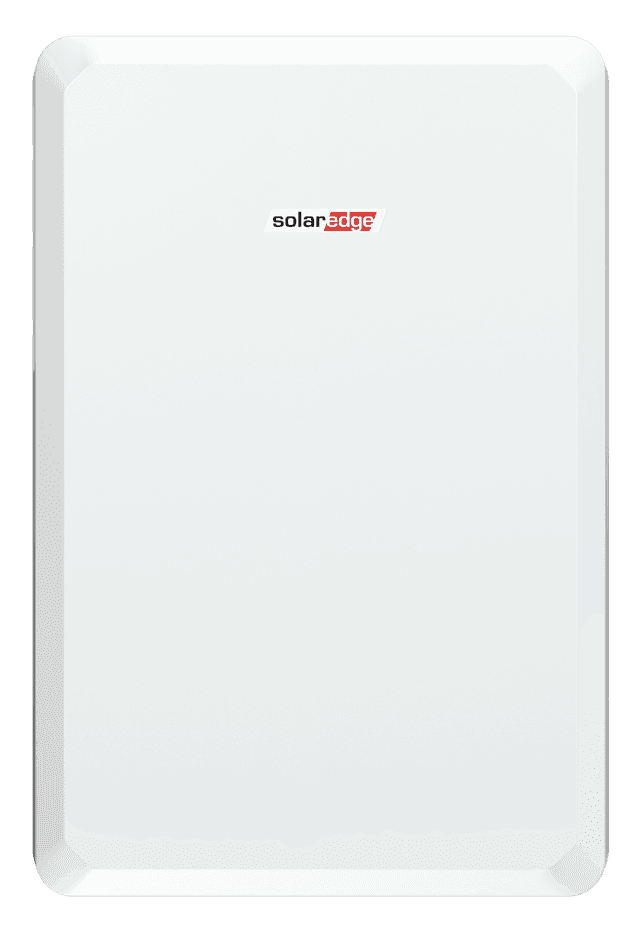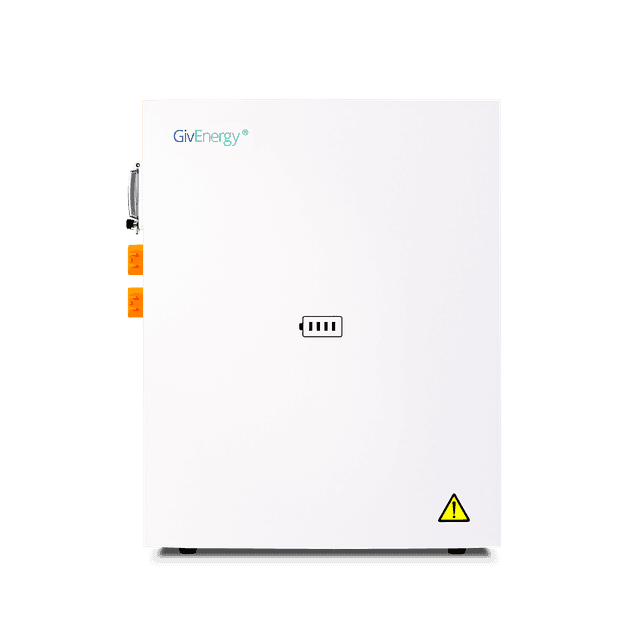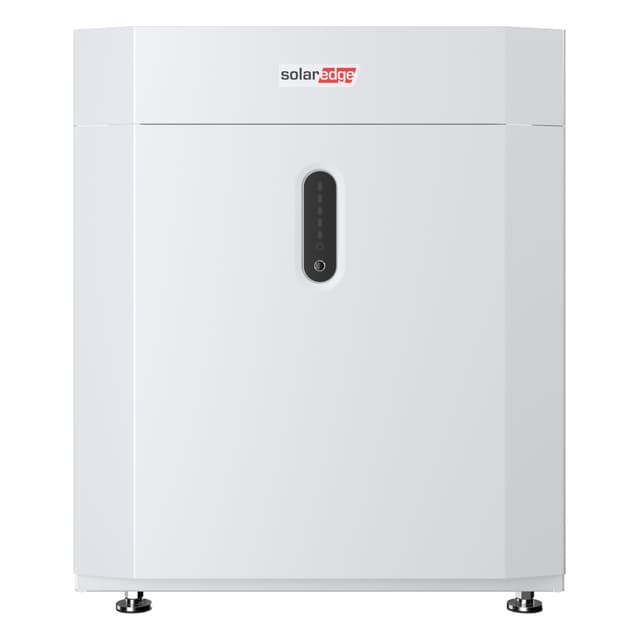1
2
3
4
5
...7
Why Choose Energy Storage for Your Projects?
Energy storage is the key to efficient energy management and maximizing sustainability. Whether for residential homes or large-scale commercial projects, a reliable energy storage system helps you make the most of generated energy and reduces dependency on the grid. Our solutions, including home batteries, commercial batteries, and battery accessories, provide flexibility and performance to meet diverse needs. And the best part? Energy storage is also beneficial without solar panels! You can easily take advantage of lower energy rates by storing energy and using it when it is most cost-effective.
Benefits of Energy Storage:
Optimal Energy Efficiency: Store generated solar energy or inexpensive grid power for later use and reduce energy waste.
Cost Savings: Lower energy costs by flattening peak usage and storing inexpensive electricity for later use.
Grid Independence: Ensure reliable energy, even during outages or peak demand periods.
Sustainability: Support the transition to renewable energy by maximizing the use of solar energy. Flexibility: Suitable for both residential and commercial applications, from homes to solar farms.
Technical Features:
Modular Design: Easily scalable to meet growing energy demands.
Advanced Technology: Smart monitoring and management via apps and online platforms.
Long Lifespan and Reliability: Robust systems with minimal maintenance requirements.
Safety First: Advanced security mechanisms for reliable performance.
Applications:
Home Energy Storage: Ideal for homeowners who want to be independent from the grid and save on energy costs.
Commercial Energy Storage: Suitable for businesses aiming to reduce peak consumption and ensure continuity.
Solar Energy Storage: Maximize solar energy yields by smartly storing excess energy.
Accessories and Expansions: Complete your system with high-quality battery accessories for an efficient and reliable energy management system.
Are you ready to include energy storage in your portfolio?
Explore our complete range of energy storage solutions and optimize your projects. Contact us for professional advice or order directly online.





















